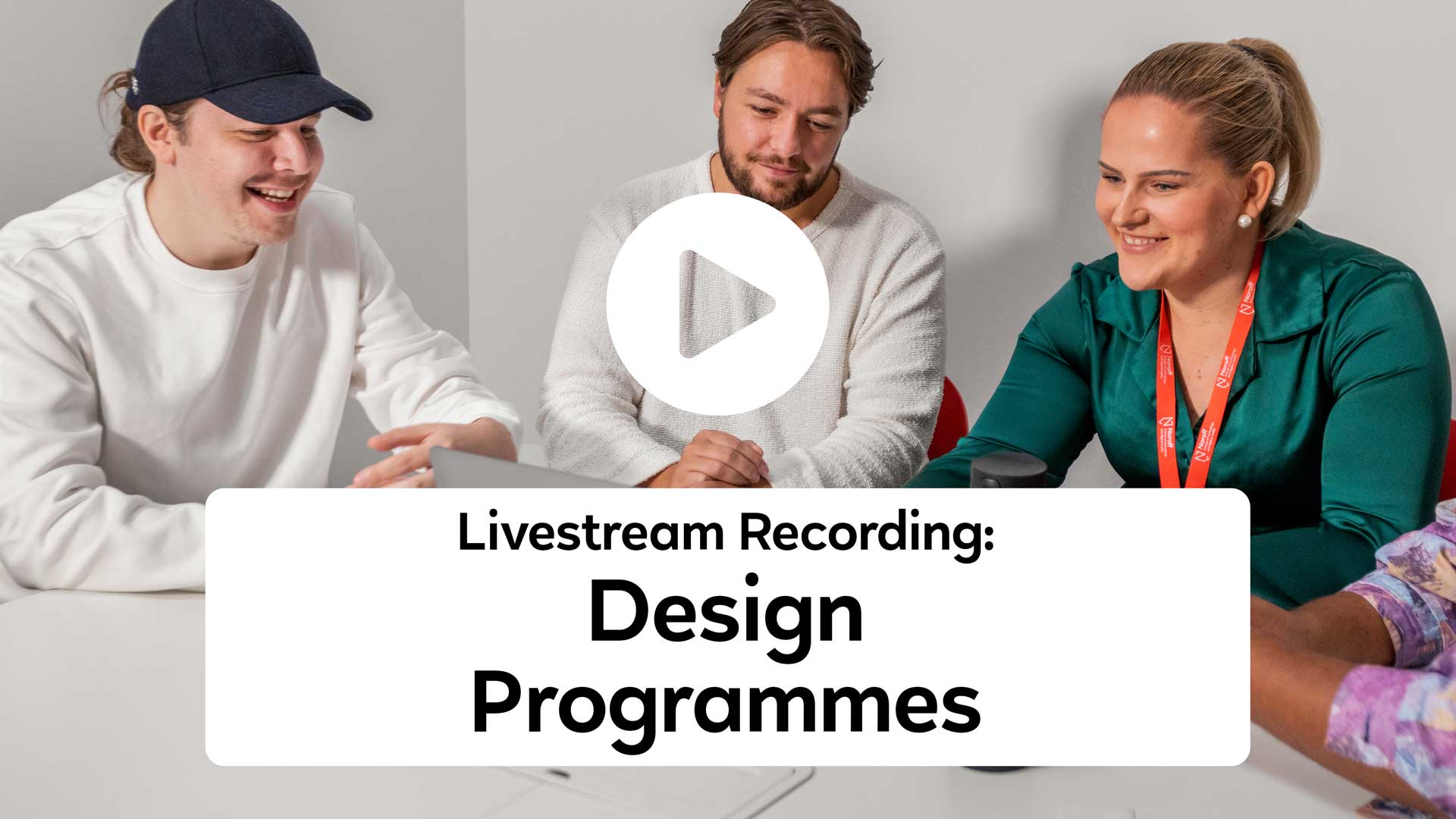Information security is not just about systems and solutions. It’s about people, responsibility, and trust in an increasingly digital world.
The UK is already facing severe delays in criminal cases due to a shortage of digital forensics expertise. According to recent reporting by Computer Weekly, the situation highlights why Norway must act now to avoid a similar backlog.
After many years as a fashion entrepreneur, designer, and marketer, Pernille Fristad found herself at a crossroads. She had built and run the clothing brand Kepaza for years, designed websites, and worked closely with marketing across multiple industries.













